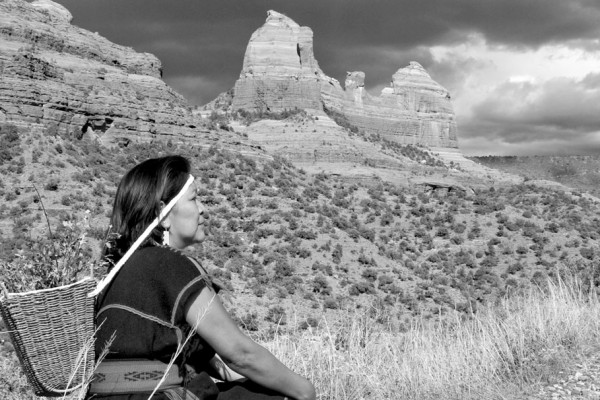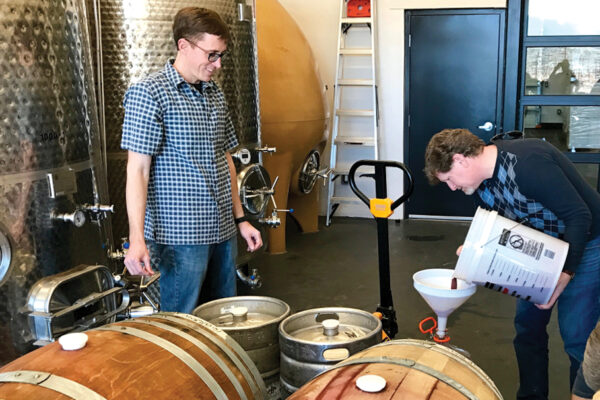Continued (page 9 of 10)
Your character, Marshall, uses some very harsh language. Was it a hard role to play?
It’s never very pleasant to be around that kind of negativity. But everything I said wasn’t something I’ve never heard. It’s not like these are dark, unspoken feelings on the part of Americans. You hear it on the street, you hear it on the subway, your neighbor says it. Now, people aren’t even ashamed to say it. You’ve got people in politics who have no problem generalizing about everything unknown to them, including South America.
Is this film going to spark controversy, especially in light of it being a Brazilian film?
It should. I hope it does. That’s the whole point. The film doesn’t present any answers, it just says that we have a problem. A lot of people are being hurt. Is it inevitable that everyone will get hurt? Is there a better way to do this?
Who should see this film?
I hope everybody sees it. The definition of a good film is a film that rises above the topical aspects, and this film is both topical and dramatic. It takes a little while to figure out what’s going on in the beginning of the movie, but it does grab you. People are shaken up by this movie; it’s not necessarily the politics. It’s very dramatic and emotional.
Was this your first foreign film?
No. My first was United 93 by Paul Greengrass. I did a British film called In the Loop that was so damn funny. Just this last year, I did a German film.
Compare and contrast the difference between a Hollywood production and a foreign film.
In the end, things aren’t that different. But with the Brazilian film, I didn’t speak Portuguese. I would spend entire days with people talking, and I had no idea what they were talking about. For a lot of the film, I was the only American. Sometimes it got a little difficult, but the terminology is basically the same.
You attended the Sedona International Film Festival last year for Crimes of the Past. What did you think of our festival?
It was fantastic. After it, I went to the Berlin Film Festival, where they show 3,000 films. You have to have a secretary to figure out what to see! It’s insane. They have 15 or 20 venues on any given day. Sedona is much more manageable, and you really get to meet the people. When in my life will I have access to Michael Moore? And I saw films I would have never seen. And it’s a beautiful place. I hope I’ll be back this year.
The Classics: Robert Osborne
Robert Osborne, the host of Turner Classic Movies, has presented classic films at the Sedona International Film Festival for three years. Though he’s unable to attend this year’s event, he has recorded introductions to three films that will be shown at the fest: North By Northwest (1959), The Third Man (1949) and The Heiress (1949). Robert checked in with Sedona Monthly while filming a Turner Classic Movies segment in Atlanta. He explained to us why he chose these three films for the festival.
Sedona Monthly: You’ve attended the Sedona Film Festival for several years. Why won’t you be able to attend this year?
Robert Osborne: I work for Tuner Classic Movies, and we have a date with Cher – that was the only time she was available. I had planned to be in Sedona to introduce movies, but this came up.
You feel so strongly about our festival that you’re recording introductions to three films: North By Northwest, The Third Man and The Heiress. Why take the time to do that?
The audience likes the classic films – it’s been very successful. We didn’t want to break that rhythm. I’ll tape a small introduction that will play before the movie.



